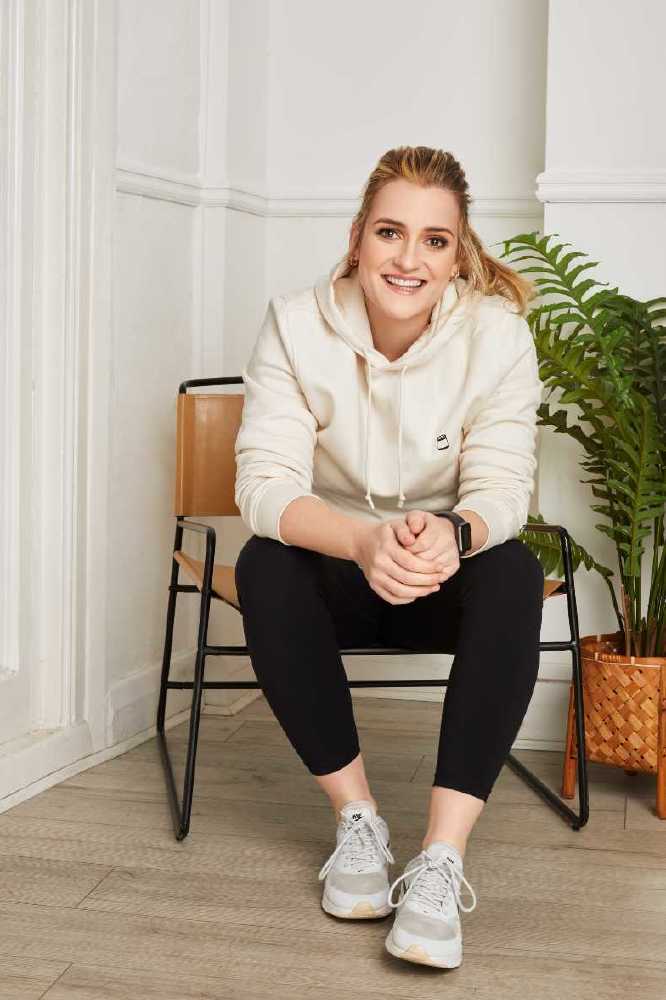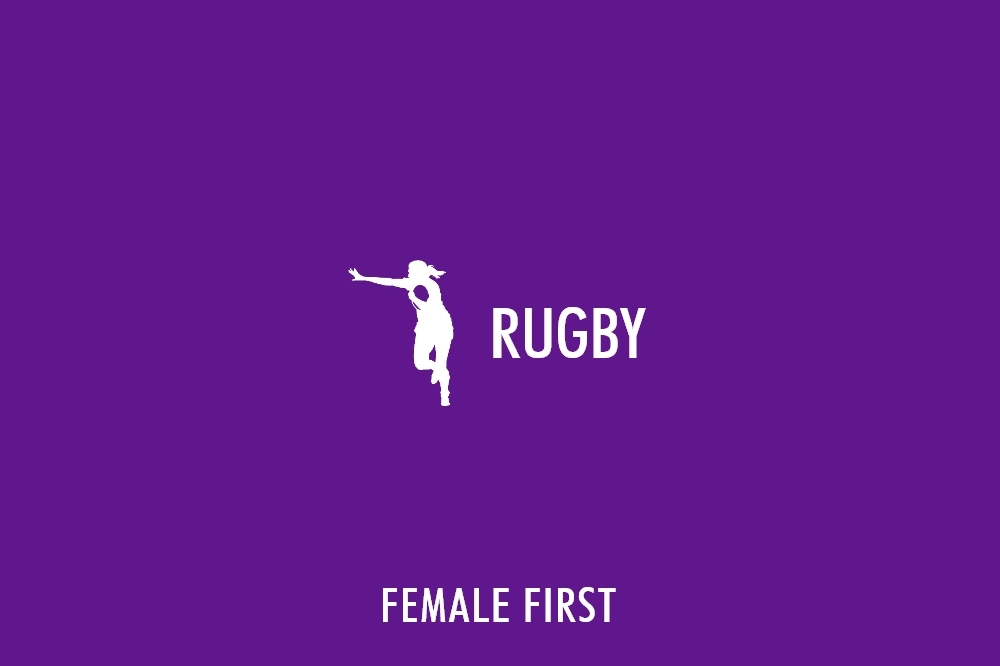-

Victoria H Rush
By Lucy Roberts
Why did you want to direct No Woman No Try?
No Woman No Try is inspired by the #IAmEnough movement I started in 2020.
The movement created a reaction from women across the world, in and out of sport. We came together over a shared understanding of what it is like to be overlooked as women. To be judged for what we look like, not for what we can do. While the social media movement was phenomenal, it does not break through into wider society. The message is bigger than a hashtag, to take it to the next level I needed a medium that would be seen and heard by more than the women in sport, but everyone in decision making positions across the world.
No Woman No Try was created to inspire the next generation of female athletes to know sport is a safe space for them. For everyone to know equality isn’t one side vs another but all sides coming together.
What do you want people to take away from the documentary?
The film should stimulate conversations needed to break down barriers in sport. To destroy the systematic bias and bring rugby and sport back to its open, diverse and inclusive roots. To remind us that equality isn’t one side attacking another, but by all sides coming together for the greater good. For those in decision making positions to make different decisions than before. Because the more visibility we give to role models now the more our children will believe they can be whoever they want.
Whilst No Woman No Try is a film about women’s rugby, it is also about equality, perseverance and overcoming adversity. The symptoms of inequality are systematic, generational, and built into society from the day we are born. Progress comes in small steps and behind closed doors. It comes from those who stand up and say “wait a minute, this is wrong”, helping other people do the same.

I hope athletes, women, and girls can feel inspired and empowered to be whoever they want to be. That society values them for whoever they choose to become, whether it is an athlete, a doctor, a teacher, an astronaut. It is about inspiring women to take their place in society.
I also hope that those people in decisions making positions in sport see an opportunity for them to make a difference. They hold the key, the investment, into the future of women’s sport and I hope they can see their daughter, partner, sister, mother, wife, best friend, in the characters. See the adversity women in society have to overcome to be who they want to be, and help make that journey a bit easier in any way they can.
The Six Nations ended at the end of last month, but what were your thoughts on TikTok being the headline sponsor?
TikTok being the headline sponsor has helped to validate rugby for women. It shows other brands they are missing an opportunity and having #WomensRugby trending on a global platform during the tournament.
Having new brands take the opportunity to grow the game, and grow alongside women’s sport shows the power of it, and that mostly it’s not been invested in the past because of archaic thinking. Where traditional brands are run but the traditional mindset that women’s sport isn’t worth the investment. This partnership shows they’re wrong.
And there were amazing record breaking audience figures throughout the tournament, how great is that to see?
The Women’s Six Nations matches attracted higher peak audiences than the women’s super league. We can see that the audience is growing, the sport as a product is ready now more unions need to back their countries with professional contracts for players. Players no longer need to be grateful for being involved, but can demand more for themselves and their teams.
Even though this is great progress, what more needs to be done to grow the women's game and improve it?
To improve any sport for women there are a number of different areas to be looked at, but everything always comes back to Access, Visibility & Funding. More access to the game at a younger age, and more consistent access will build the participation rates for grassroots to elite level in the future. Visibility of the elite game shows women and girls sport is an opportunity for them as well as normalises women’s sport in society. And finally funding, everything in sport comes down to the funding available to create access, grow awareness and pay athletes properly.
There are really simple things like broadcasters and commentators making small changes to the language they use, that can make a huge difference. At the moment, men’s sport tends to be the default; “rugby” and “Women’s Rugby”, simply changing that to “men’s rugby” and “women’s rugby”. Normalising women in sport being discussed as well as men, helps to change our societal default that women don't belong there, ultimately helping women and girls know they belong there too.
Overall, to improve sport it needs to be respected by those who govern it and decide its future. The more women involved in that process the better.
What do you think and hope the future of women's sport will look like?
I hope that in the future, stories of misogyny, lack of pay, mistreatment by unions and clubs are all a thing of the past. Stories we tell about how far we have come, not how far we still have to go. When we discuss the best 10 in England we talk about Marcus Smith and Zoe Harrison at the same time, that women are fairly compensated for their efforts and that we can all access

